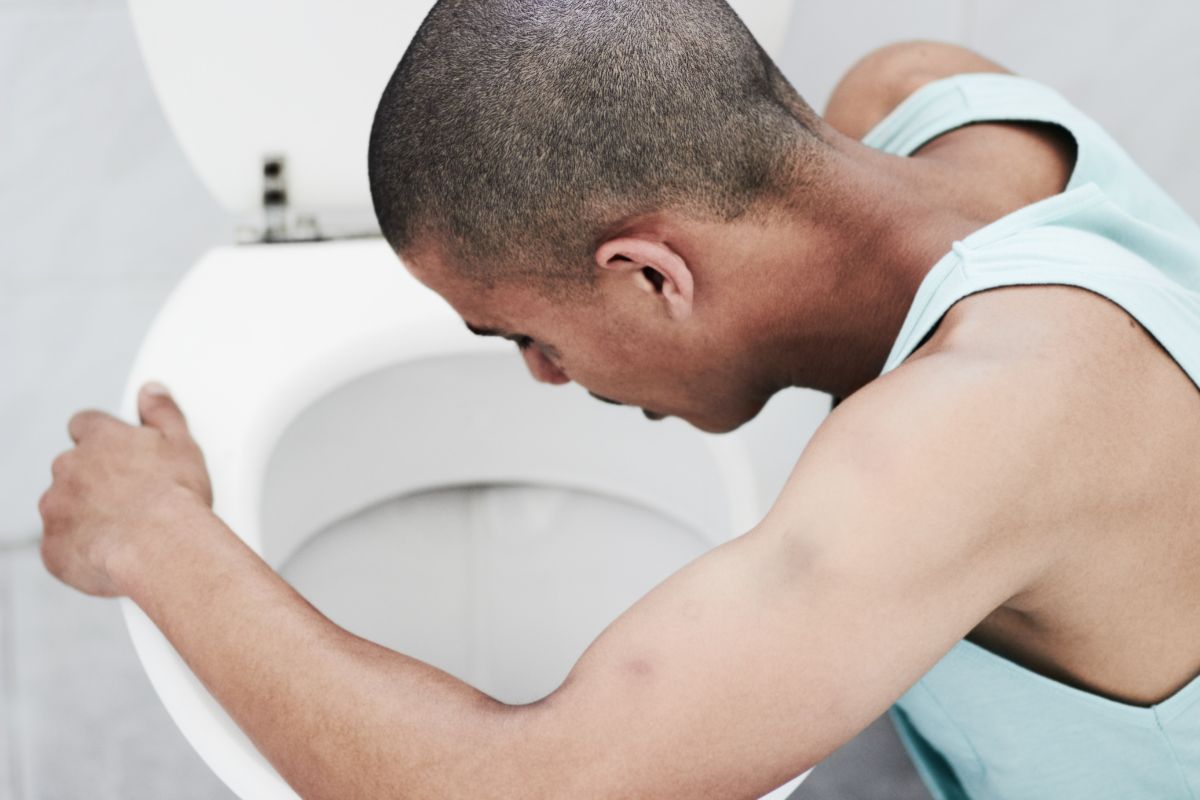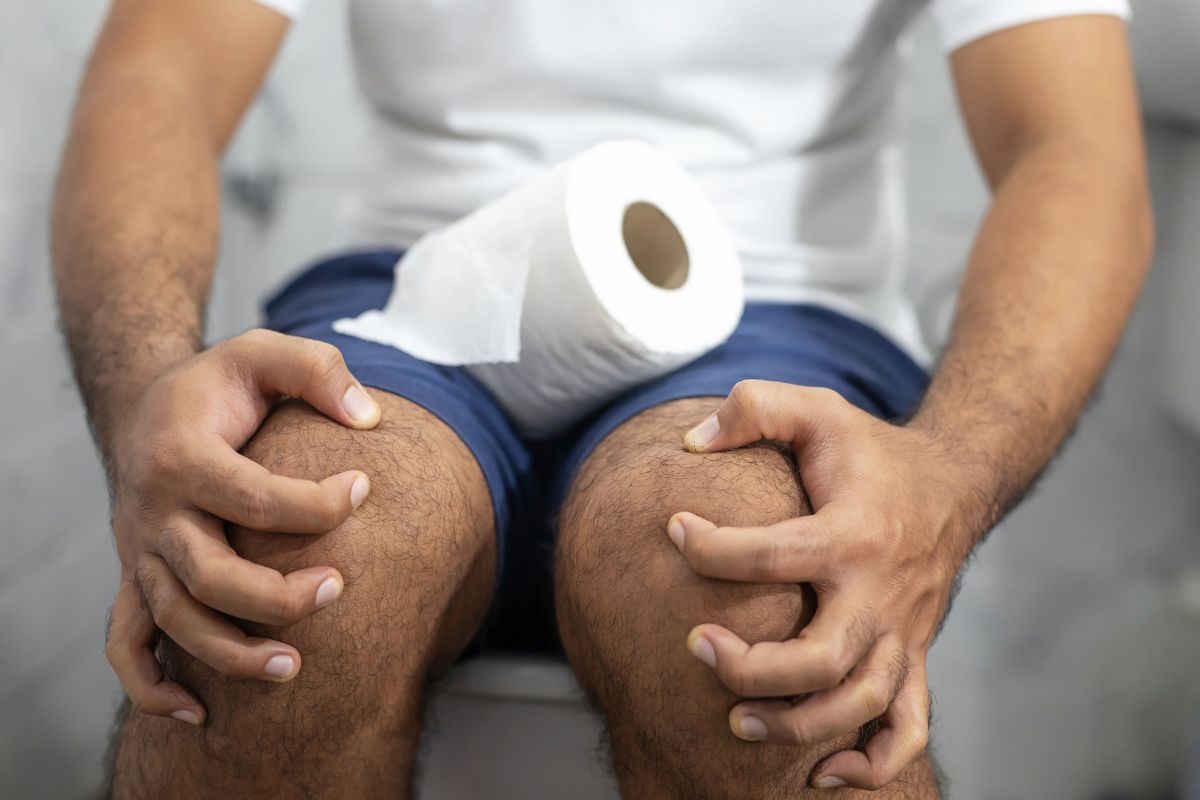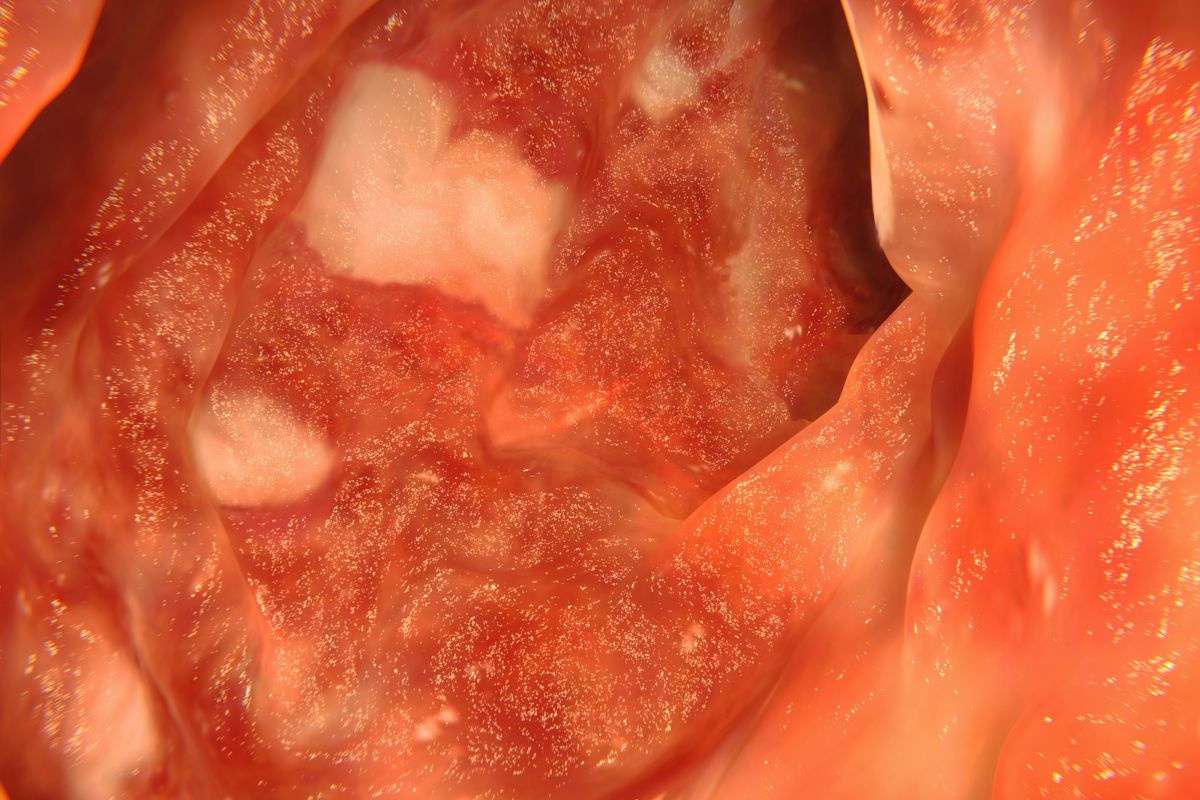If you have suffered from Crohn’s disease, then you’ll know what a debilitating condition it can be. However, there are plenty of ways to treat this disease that will alleviate any pain that you’ll experience.

If you are just educating yourself on Crohn’s disease, then you’ll be aware that this is a disease that traditionally affects the bowel. This might leave you wondering how exactly it affects your stool and what you can notice just by looking at it.
How can you tell if your stool has been changed once you have been diagnosed with Crohn’s disease? What is the best method of treating this illness? How can you alleviate any pain that you’ll be experiencing in the bowel?
Well, if you want to know the answers to these questions and more, then we would suggest that you keep reading.
What Is Crohn’s Disease?
This is an inflammatory bowel disease that usually affects the intestine and the bowel area. The results of this can range widely from chronic fatigue to abdominal pain and excessive diarrhea.
This type of inflammation can often spread, going from the upper intestinal area to the lower bowel. This can lead to serious pain and discomfort.
If you leave Crohn’s disease to go untreated, then it could result in very serious consequences that might be life-threatening. This is why it is important to track your Crohn’s progress over the long term.
However, the good news is that while Crohn’s disease cannot be treated, it can be ameliorated over time using medication and other substances. This will lead the person with Crohn’s disease having an extremely high quality of life.
How Does Crohn’s Manifest Itself?
The severity of your Crohn’s disease will all depend on where it is localized. Sometimes this illness can only be in a small part of your colon, which will result in a mild amount of pain.
You might have prolonged Crohn’s, which will result in a lot more long-term pain. It can also occur in stages in different parts of your colon or bowel.
Here are some of the more common symptoms that you can experience that will indicate that you have Crohn’s:
- Diarrhea – this can occur at sporadic times or you can suffer from it more frequently. You can either have diarrhea with cramping or without.
- Fever – this can take the form of excessive sweating and nausea.
- Fatigue – you can often feel long bouts of tiredness coupled with pain and cramping in the abdominal area.
- Mouth sores – this can often be the result of poor circulation often caused by Crohn’s disease.
- Loss of appetite/weight loss – this is a result of inflammation that might cause pain that will lower your appetite, which will cause you to lose weight.
- Drainage around the anus – this is caused by the inflammation of the skin around the anus that is often called a fistula.

However, there are lesser-known symptoms of Crohn’s disease that are not really associated with the bowel that can often affect other parts of the body. Here are just a few of them:
- Inflammation of the skin
- Inflammation of the eyes
- Inflammation of the joints
- Iron deficiency
- Delayed growth (in children)
- Kidney stones
There are some signs and symptoms that you will need to seek immediate medical attention for. Here are a few of those:
- Extreme abdominal pain – this will be a sign that something is seriously wrong with your bowel or that you have let your Crohn’s disease go untreated for too long.
- Blood in the stool – this will also be a common cause of Crohn’s disease. Sometimes this will not often be that painful.
- Nausea and vomiting – can often be linked to the pain that you are suffering because of your Crohn’s disease.
- Unexplained weight loss – if you have lost a lot of weight very quickly, despite no change in your diet, then this might be a sign of something more serious that will need to be treated by a doctor.
- Unexplained fever – this can often last a few days at a time. This is often in conjunction with severe abdominal cramping.
How Can Crohn’s Disease Effect Your Stool?
You might experience some blood in your stool which will usually be dark red in color. This is because it is what is known as frank blood, which has come from deeper in the body.
If the blood is lighter in color, then is usually an indication that it has come from somewhere nearer the anus, usually the result of a tear.
However, if you are getting plenty of fiber in your diet and you are regulating your Crohn’s through medication, then you might see a decrease in the amount of blood you’ll be getting in your stool.
What Causes Crohn’s Disease?
Experts have not managed to identify the exact cause of Crohn’s, but they have identified certain triggers that might aggravate the disease.
One theory is that the immune system is a trigger for Corhn’s disease.
This is because when the body is suffering from a harmful microorganism, then it might trigger an abnormal immune system response, during which the immune system might attack the digestive tract.
Another factor that can determine the manifestation of Crohn’s is hereditary. People who suffer from this condition might have a genetic susceptibility to the condition.
However, a lot of people who have Crohn’s might not have any members of their immediate family who have the condition.
Crohn’s Complications
There are many complications that can arise from having Crohn’s disease. Here are a few:
- Bowel obstructions – due to the repeating tearing and inflammation of the digestive tract, scar tissue will form and make it much more difficult for food to pass through the intestine.
- Ulcers – this is due to the fact that open sores can occur around the anus and the mouth area.
- Anal fissures – this will normally be the result of difficult bowel movements that will tear the anus.
Conclusion
We hope that our brief guide to Crohn’s disease has helped you to determine some of the factors that cause the disease as well as some notable symptoms.
- What Are The Main Symptoms Of HIV? - August 12, 2022
- How Much Does Pre-Exposure Prophylaxis Cost? - August 12, 2022
- HIV: Treatment Options And Managing Symptoms - August 12, 2022








